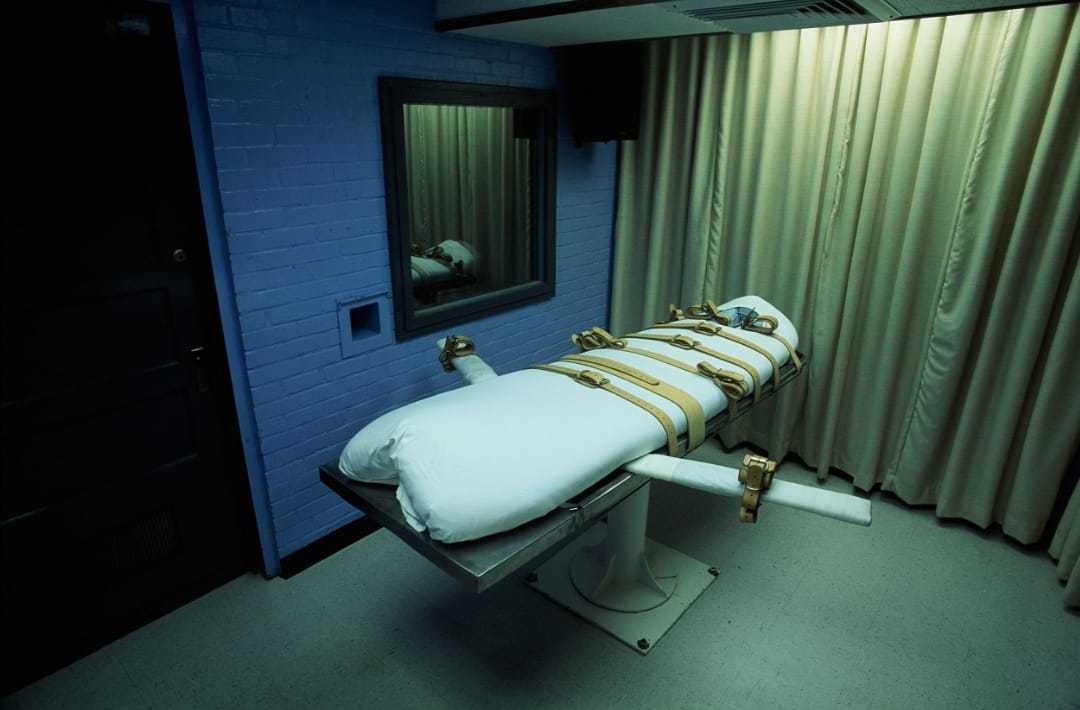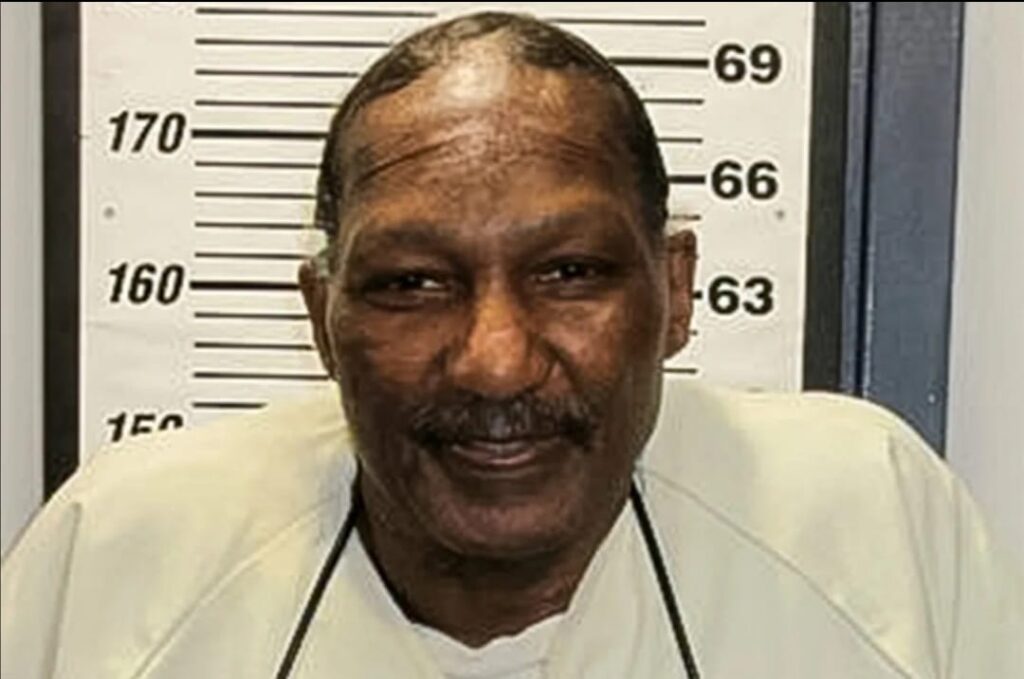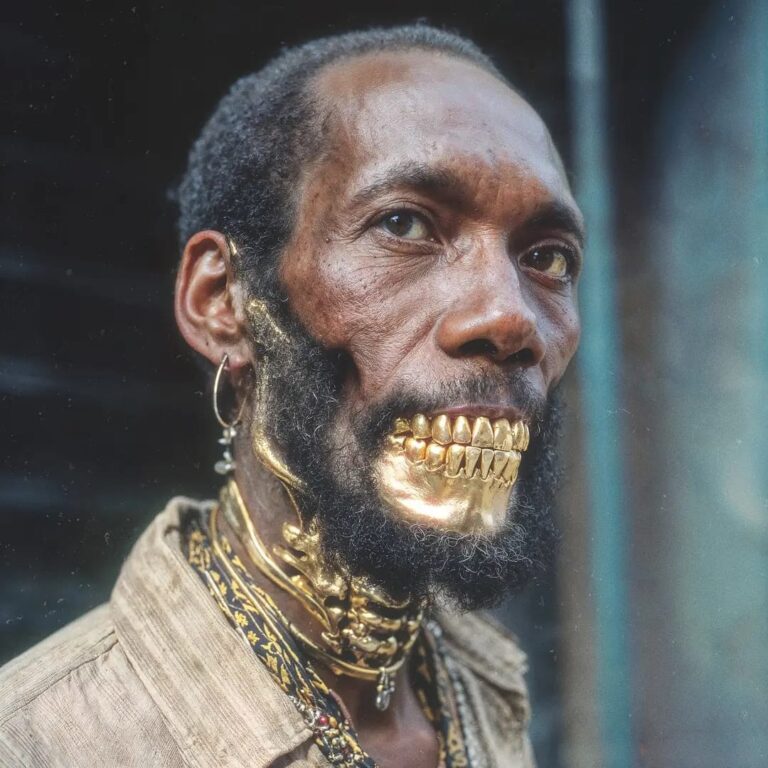In a chilling scene at a Tennessee prison, death row inmate Byron Black, 69, screamed in excruciating pain during his execution, after a state error made what was supposed to be a swift procedure horrifyingly prolonged. Black, who was sentenced to death for the 1991 murder of his estranged wife, had an implanted defibrillator—a device that doctors warned could deliver shocks and cause immense suffering if not deactivated before lethal injection.

Despite these warnings, the state proceeded with the execution, and witnesses said Black cried out repeatedly, “It’s hurting so bad,” grimacing as the lethal drugs took effect. His attorney called the execution “100% botched” and criticized the authorities for ignoring medical risks that could have been prevented.
The blunder has reignited a fierce debate over the death penalty, raising questions about the ethics, safety, and humanity of state executions. Critics argue that this case underscores a systemic failure to ensure that executions are carried out humanely, while advocates for reform are calling for urgent review of the procedures, especially for inmates with complex medical conditions.






